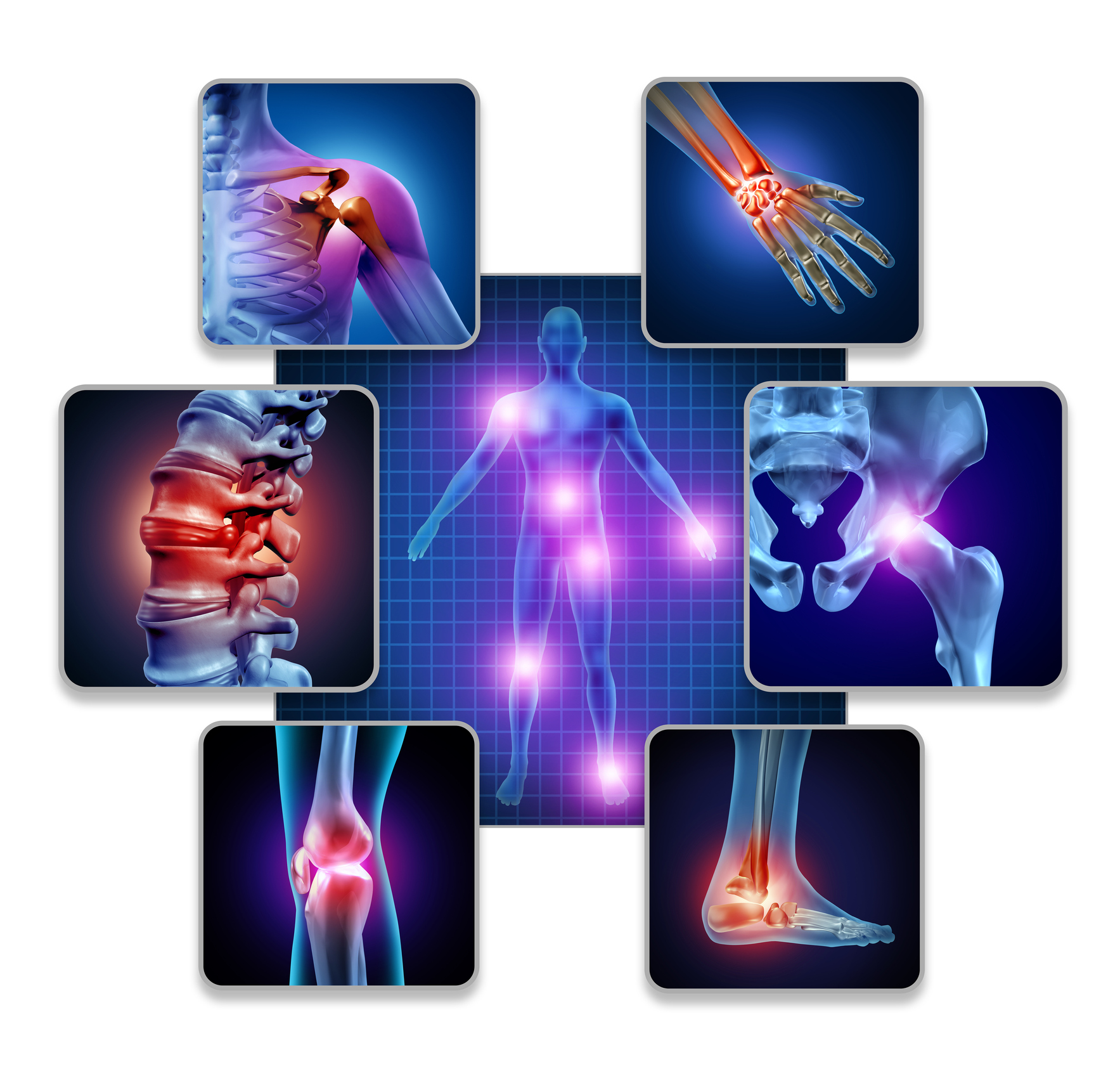Despite the positive influence of environmental factors on physical activity (PA) levels of children, further investigation is necessary when considering the unique characteristics of children with autism spectrum disorder (ASD). The purpose of this study was to examine the relationship between neighborhood environment factors and PA among children with ASD by examining the extent to which (a) the built environment, (b) neighborhood safety, and (c) neighborhood support contributes to PA. A secondary data analysis using the 2016 and 2017 combined dataset of the National Survey of Children’s Health was used. The total sample included 14,944 children between the ages of 6-17 years; of this, a sample of 494 children had a parent-reported diagnosis of ASD. Multivariate logistic regressions were conducted to explore the unique influences of the above three neighborhood environment factors on PA engagement. Among children with and without ASD, an association was found between feeling safe and engaging in PA, that is, the odds of engaging in PA are greater among children who were safe in their neighborhoods than children who were not in safe neighborhoods. Surprisingly, other neighborhood factors do not have a significant relationship with PA participation among children with ASD at this time. Future studies should consider how to incorporate the support of others and feeling of safety into the neighborhood along with how to improve accessibility of the built environment in order to increase PA for children with ASD. LAY SUMMARY: The results of this study showed that neighborhood factors influence physical activity (PA) among children with ASD differently compared to their peers without ASD. Children with ASD who live in safe neighborhoods are more likely to engage in PA, while other neighborhood factors, such as playgrounds and support, are not associated with an increased likelihood of engaging in PA at this time. Efforts should be made to improve neighborhood accessibility and design in order to increase PA among children with ASD.© 2020 International Society for Autism Research and Wiley Periodicals LLC.
Influence of Neighborhood Environment on Physical Activity Participation among Children with Autism Spectrum Disorder.


